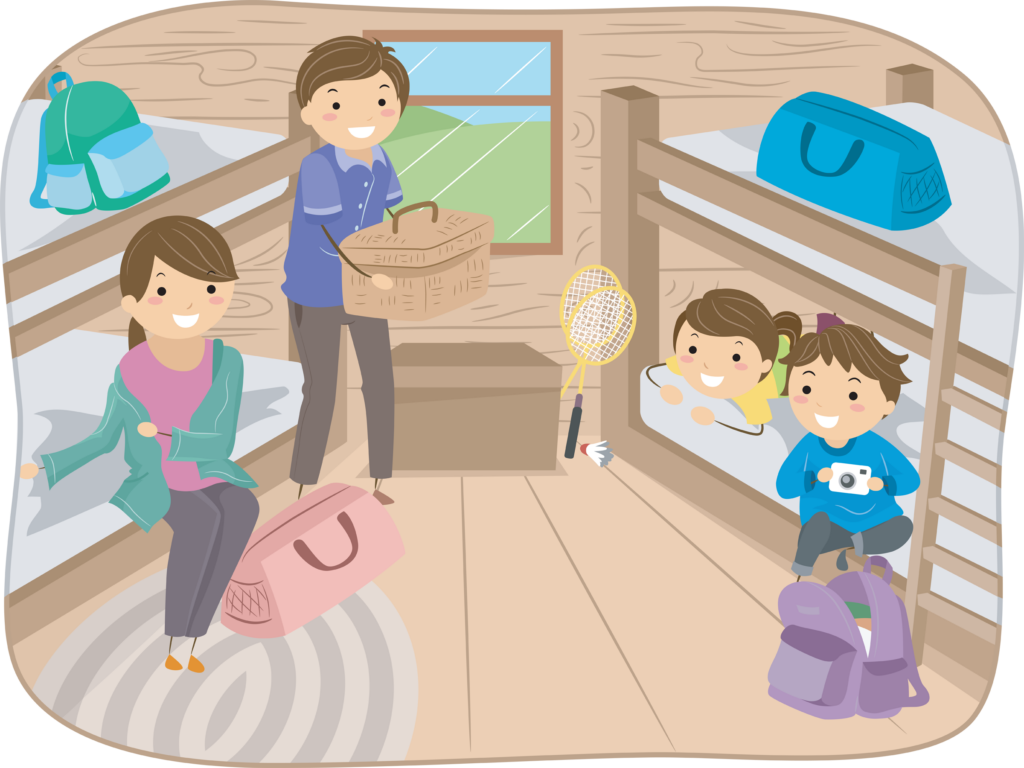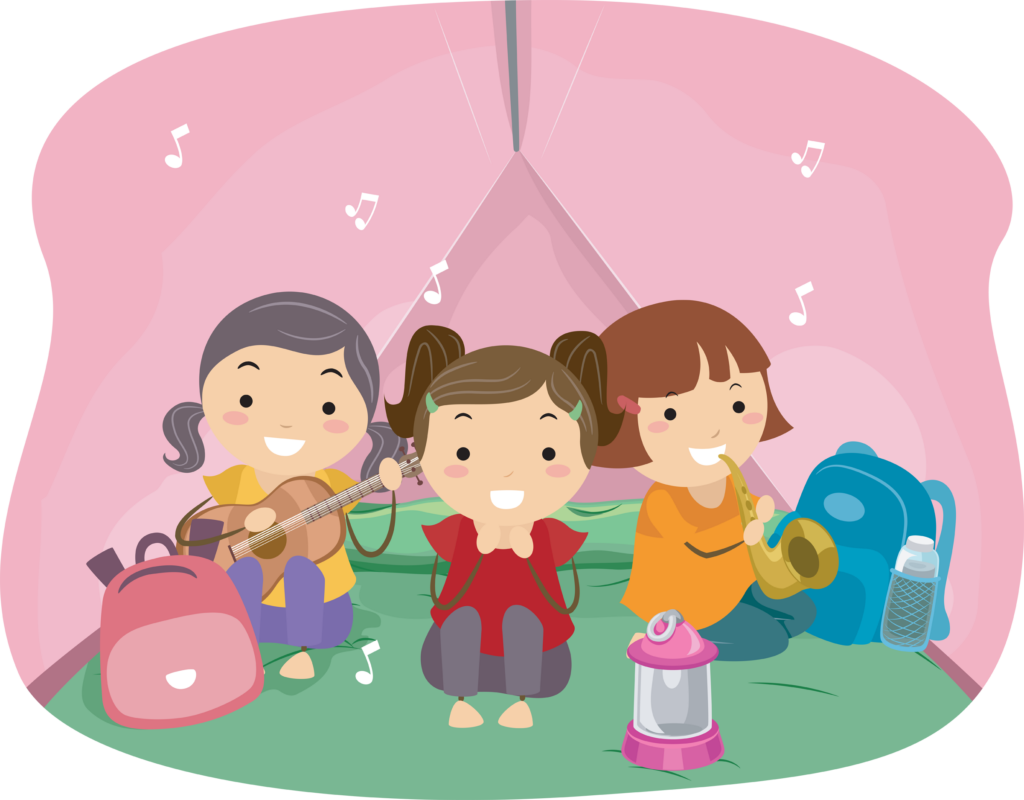
Embarking on an adventure into the great outdoors, with nothing but a tent, some basic gear, and the wonders of nature, may sound like a daunting task, particularly for parents. However, the benefits of camping extend far beyond mere escapism and adventure. This wholesome experience can contribute substantially to one’s physical, emotional, and mental health. This article will delve into the myriad benefits of camping while providing useful tips to make this outdoor activity even more enjoyable for parents and children alike.

The Benefits of Camping for Children
Camping begins with a journey, typically away from the hustle and bustle of the urban jungle, offering a chance to break free from routine. This in itself can act as a therapeutic stress reliever. With reduced noise and pollution levels, the outdoor setting promotes a sense of calm, helping to lower blood pressure and alleviate stress.
Besides its calming effects, camping also encourages physical activity. Whether it’s setting up the tent, gathering wood for a campfire, or going for a hike, camping encourages movement, offering an effective and enjoyable form of exercise. Regular physical activity has been linked to a host of health benefits, such as reducing the risk of chronic diseases, enhancing mood, and promoting better sleep.
Beyond the physical, camping can be a nurturing space for mental and emotional well-being. The simplicity of camping can help focus the mind, allowing one to be present in the moment. This mindfulness, often touted as a key to happiness, can be a significant contributor to mental health.
Yet, the benefits of camping are not confined to individual wellness; they extend to fostering stronger relationships. Camping is an activity that requires teamwork and cooperation. Families can bond over setting up the tent, cooking meals, or telling stories around the campfire. These shared experiences can forge lasting memories, strengthening familial bonds.

Essential Tips to Make Camping Enjoyable for the Whole Family
Now that we understand the benefits of camping, here are some tips for parents to make the camping trip enjoyable and safe.
- Planning is essential. Ensure that you have all the necessary supplies for the trip. A checklist is beneficial: include items like tents, sleeping bags, first-aid kit, food, water, and a map. Teach your children the importance of preparedness by involving them in the packing process.
- Remember that camping is an opportunity for children to engage with nature. Encourage them to explore their surroundings, under supervision, of course. This could mean identifying different species of plants and animals or learning how to navigate using the stars.
- Another valuable tip is to create a camping routine. This could include specific times for meals, exploration, relaxation, and sleep. A routine helps in maintaining a sense of order and security, especially for younger children.
- Ensure that safety rules are in place and understood by everyone. These can include things like not wandering off alone, understanding what to do in case of encountering wildlife, and following fire safety measures.
- Finally, encourage the principle of ‘Leave No Trace’. This means that whatever you bring to the campsite should leave with you. Teach your children the importance of respecting and preserving nature.

Camping presents an opportunity to reconnect with nature, ourselves, and our loved ones. Its benefits are wide-reaching and impactful. With the right preparation and a respectful approach to the environment, a camping trip can be a richly rewarding experience for parents and children alike. By taking these steps, parents can ensure not only the safety and enjoyment of their family but also instil a love and respect for the great outdoors in the next generation.

